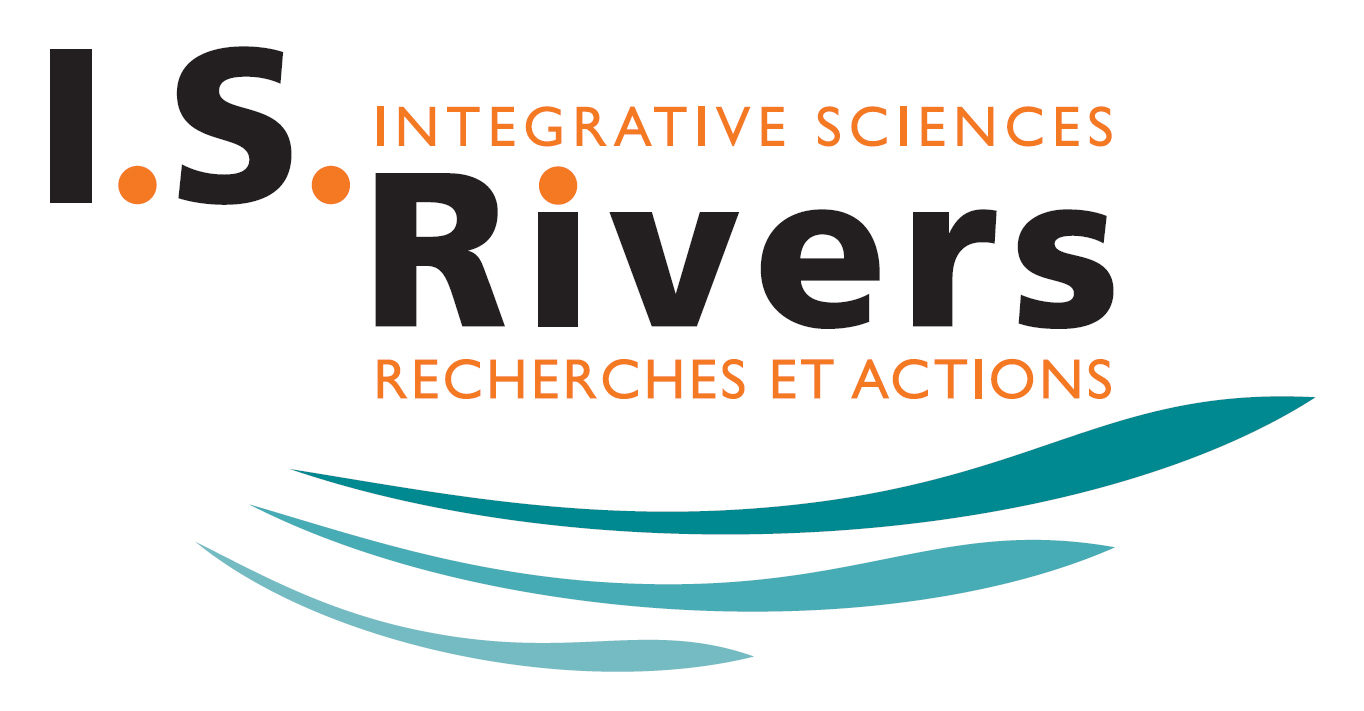Join us between the Rhône and the Saône rivers for 4 days of immersion into the future of our aquatic resources and rewrite the story of our relationship with rivers!
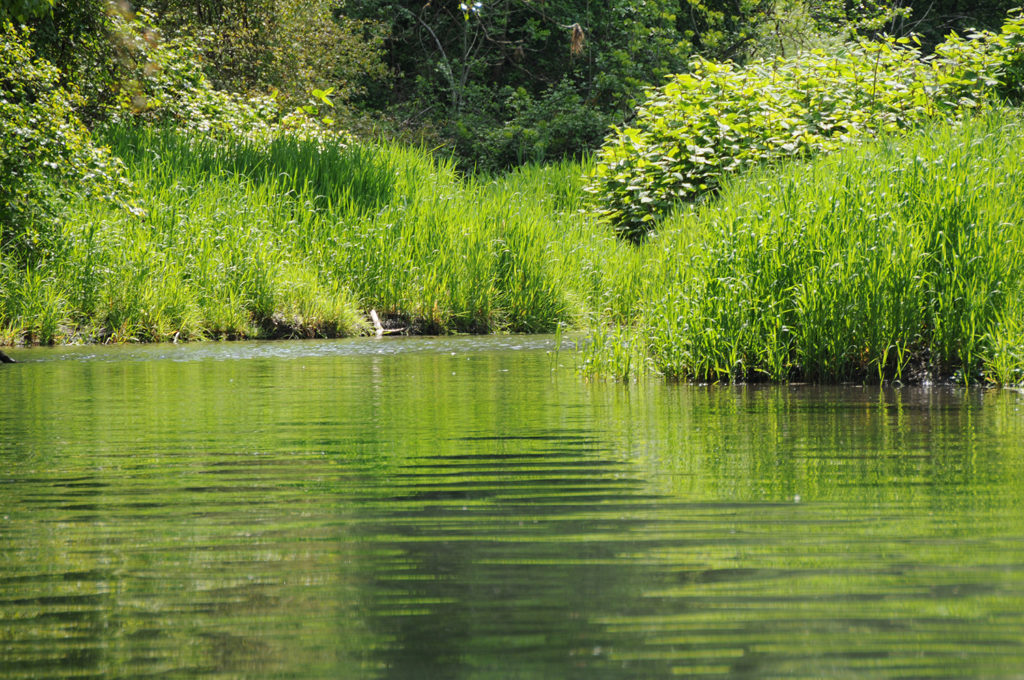
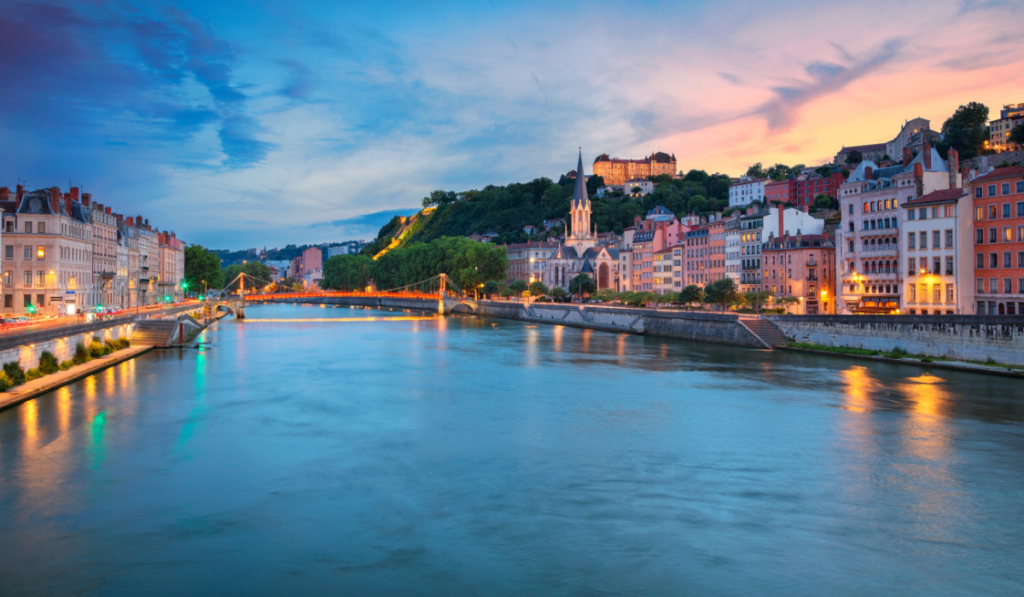
Through the large (and small) rivers of the world, I.S. Rivers offers a unique overview of management and restoration practices and allows you to share the latest knowledge for sustainable river management.
Moreover, in Lyon, at the beginning of July, rivers are at the heart of the news! I.S.Rivers will follow the 1st open-to-all festival called “Between the Rhône and the Saône rivers“, organized from July 1st to 3rd by the city of Lyon. A great opportunity to approach the Man-River relationship, through the light of social sciences.
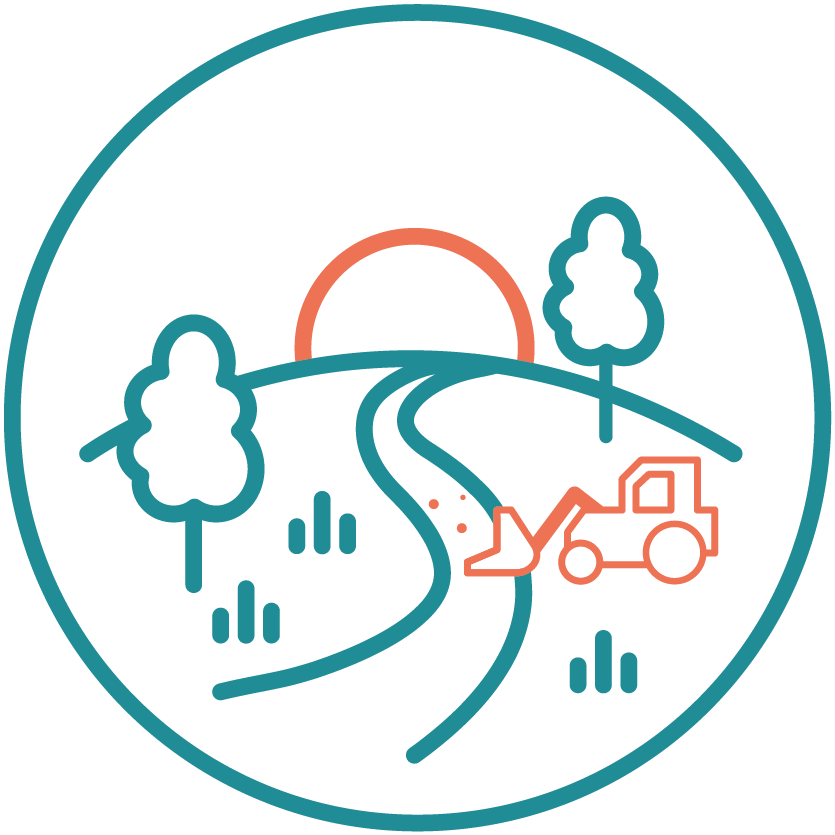
3rd theme: Ecological restoration of rivers and management issues
A selection of cases and studies conducted along the Rhone, a tributary of the Rhine and the Spöl River in Switzerland.
To restore or not to restore? An interdisciplinary perspective
This interdisciplinary study aims to identify the limits of scientific knowledge on the effects of the restoration of ecological continuity in rivers and to identify the points of vigilance in the evolution of the river socio-ecosystem after restoration. This study will shed light on the complexity of the socio-ecosystems that rivers form, and gain confidence in the choice to restore or not to restore.
D1 session – Tuesday 5 July – 2pm
Hydromorphological restoration of rivers: assessment and perspectives
Since 2010, the French Office of Biodiversity (OFB), INRAE and the water agencies have been working in partnership on the development of a standardized monitoring of hydromorphological restoration operations on demonstration sites.
Twelve years later, where are we? What objectives have been achieved? What lessons can be learned? How can we build and perpetuate a long-term collaborative research to meet the needs of managers?
D7 session – Thursday 7 July – 11am
GABIODIV: an innovative experiment for the ecological rehabilitation of urban quays in Lyon
The GABIODIV’ project (Gabion and Biodiversity) is an initiative that consists of the installation of vegetated modules on the most mineralized quays of the Rhône in the Lyon metropolitan area. An initial experiment was conducted on a linear stretch of quays to remove the obstacles to the development of the green and blue network in the sectors most lacking in terms of biodiversity. Social and ecological assessment of this original experiment after two years.
D4 session – Wednesday 6 July – 2pm
Restored habitats and fish behavior
In this study, video footage was collected to observe the behavior of fish in different habitats of a reconstructed secondary channel in the Waal River, a tributary of the Lower Rhine (The Netherlands). A study that qualifies the functions of different habitats in the life cycle of juvenile river fish and should be taken into account in the restoration of river floodplain channels.
D5 session – Wednesday 6 July – 4:30pm
Managed floods: the role of the water-sediment component
Managed floods are often used to rehabilitate river ecosystems downstream of dams. This study specifically addresses the conditions of sediment supply in morphological diversity and the formation of diverse physical habitats for fish, through an analysis of managed floods between 2018 and 2021 on the Spöl River in Switzerland.
D6 session – Thursday 7 July – 8:30am
Reactivation of alluvial margins on the old Rhône river of Péage-de-Roussillon (France): the response of plant communities
The bypassed Rhone river at Péage-de-Roussillon (French city) has been dismantled of some of the obsolete navigation structures that were freezing the riverbed. The objective: to reactivate the dynamics of the alluvial margins on a dozen hectares. The plant succession initiated rapidly on the reworked areas is typical of alluvial environments but this benefit tends to fade a few years later and highlights the importance of taking into account the hydraulic and sedimentary aspects in addition to the dismantling of the structures.
D2 session – Tuesday 5 July – 4:30pm
From local to global scale: research lessons from the Zabr
Identifying generalizable local knowledge, in space and time, is essential to inform global studies of socio-ecosystems. Based on concrete examples of research carried out by the Zabr (Rhone basin long term environmental research observatory), this contribution focuses on the conditions for obtaining this type of knowledge.
D1 session – Tuesday 5 July – 2pm
4th theme: What are the links, the interactions, the consideration, the desirable developments between rivers and us?
A selection of insights into the relationship between men and rivers along the Otaki River in New Zealand, the Rhône River, Spanish rivers and the Casamance River in Senegal
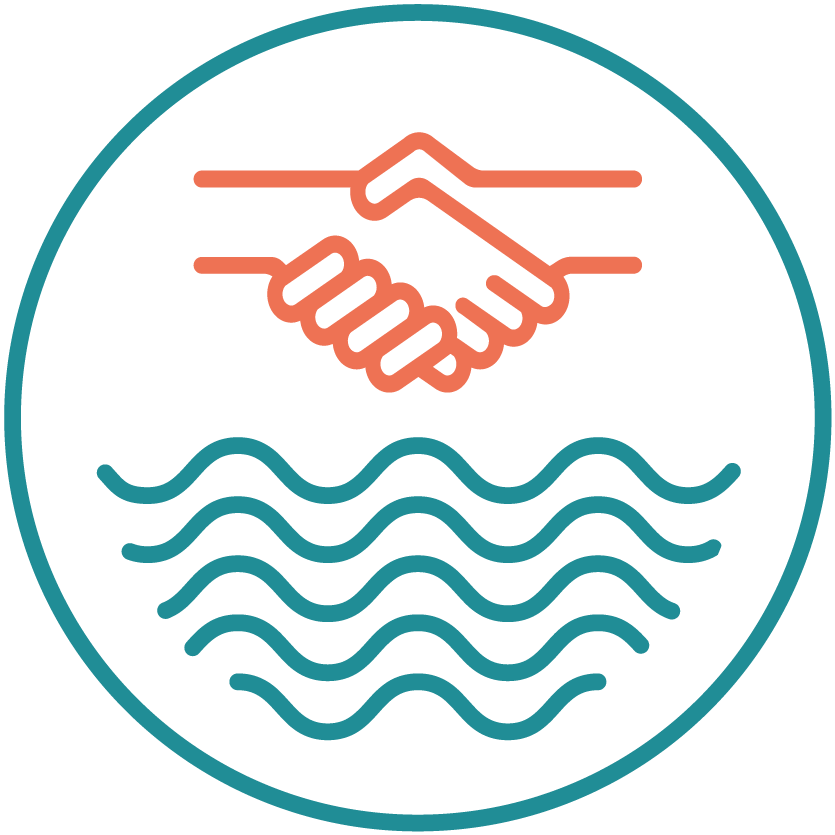
Taking another look at rivers
River management is shaped by how a river is perceived. This perception can be very mixed: from rivers that need to be tamed to serve human interests or dynamics to living rivers that function as the lifeblood of the land. The example of the Otaki River and its Maori residents in New Zealand illustrates the multiple benefits of an approach based on connection and respect rather than control.
B1 session – Tuesday 5 July at 2:00pm
Involving local communities in a restoration project
We are heading south of Lyon, with the project to restore the river dynamics of the Rhône, which questioned its social utility. An experimental consultation based on collective arenas of exchange with users to identify very different visions of expectations and perceptions of nature in the face of a “restoration” process requiring heavy intervention on the site. This very innovative method will be deployed on other sites.
B4 session – Wednesday 6 July at 2pm
Using plant-based engineering in tomorrow cities
The use of plant-based engineering in river restoration in urban areas is still modest. Why is it so? An interdisciplinary study was conducted to quantify the ecological benefits induced by vegetation-based engineering techniques and to identify the benefits perceived by the various stakeholders on a dozen sites.
The results are very rich and invite us to develop criteria for evaluating the social and ecological dimensions of restoration projects.
B2 session – Tuesday 5 July at 4:30pm
Large-scale restorations: a time for appropriation
Far from being a simple technical or ecological intervention, ecological restoration transforms landscapes and creates new places. Through the dismantling of hydroelectric dams in France on the Sélune and in the United States, this paper puts into perspective the importance of a transition phase in the process of appropriation and construction of a new territory project around a restored valley.
4 session – Wednesday 6 July at 2:00pm
Nature-based solutions: cross-views
The “Nature-based solutions, from theory to practice” project analyzes how this concept is integrated by river managers in the United States and France and how SfN projects are implemented and evaluated in both countries. Differences in perceptions and opportunities enrich their development.
B2 session – Tuesday 5 July at 4:30pm
Cooperations around river tourism
This communication is based on two projects: the “Sustainable Transboundary River Tourism” project developed by three French and Spanish cities around four rivers and the “Three territories” project developed by three Spanish autonomous communities. The study focuses on the economic dimension of these projects and the expectations of stakeholders, and on their geopolitical dimension, as a lever for new territorial cooperation based on a hydrographic logic.
B7 session – Thursday 7 July at 10:30am
The sacred river areas of the Casamance River, Senegal
The Casamance River is one of the most important hydrosystems of the southern rivers. It still has an important role in the life of indigenous peoples. As a heritage river, the river landscapes of Casamance contain symbolic places that materialize the relationship of the populations to certain aquatic elements (water, animals, plants, etc.). A panorama that invites us to reconsider the place of culture in the understanding of the uses of river spaces.
B1 session – Tuesday 5 July at 2:00pm
Find out more on these communications and their authors on the Program page of the website.
If you don’t know what are the first themes of the conference, find out more details on this page to talk about climate change and river functioning.
Don’t miss these exciting conferences and compose your own program according to your interests!
